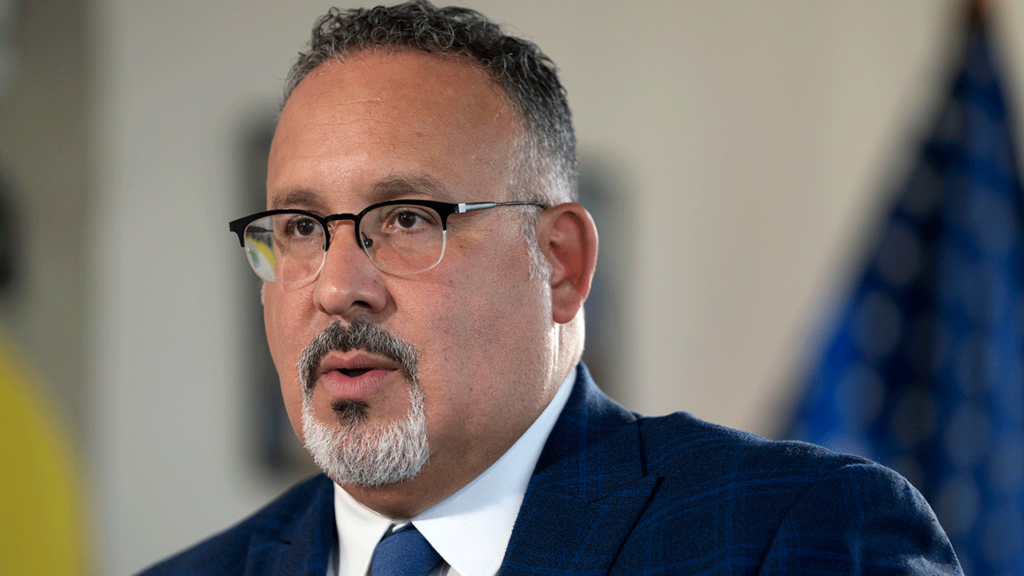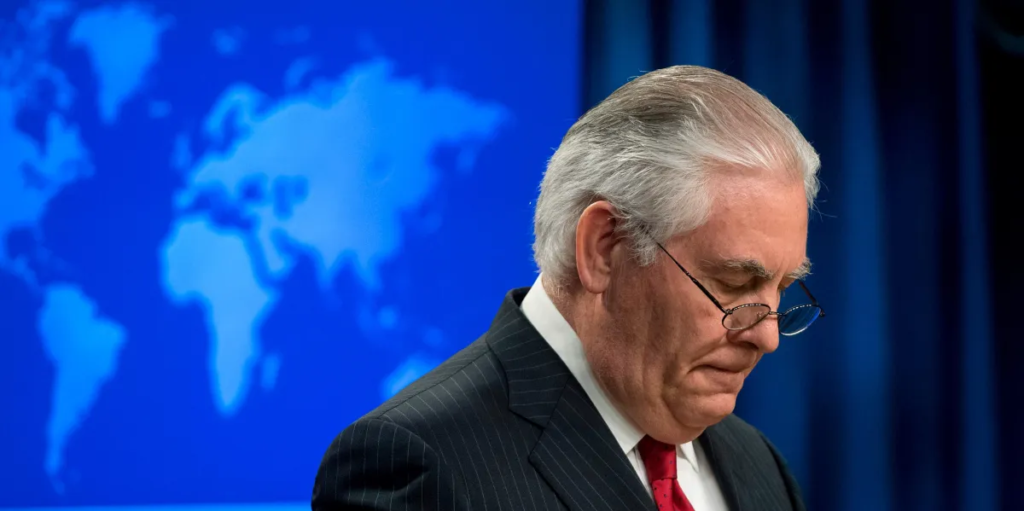Reagan’s Education Secretary Qatar collaboration has stunned political watchers worldwide. In an unexpected development that merges international politics and legacy U.S. figures, the former education head under Ronald Reagan has officially joined Qatar’s payroll. The move has drawn praise from some and raised eyebrows from others, sparking debate over ethics, diplomacy, and influence.
The decision has stirred questions about the motivations behind such a career pivot and the implications it may have on U.S.-Middle East relations. While such political crossovers are not new, this one hits differently due to its historical weight and present geopolitical context.
Who Was Reagan’s Secretary of Education?
Ronald Reagan’s administration, which ran from 1981 to 1989, had multiple influential figures, but the Secretary of Education role held a significant spotlight. The most notable among them was William J. Bennett, who served from 1985 to 1988. Known for his strong conservative values and push for educational reform, Bennett became a household name during Reagan’s presidency.
Bennett promoted policies that emphasised moral education, discipline in schools, and resistance to federal overreach in education. His tough stance made him popular among conservatives and controversial among liberal educators.

Why Qatar? Understanding the Country’s Global Strategy
Qatar, a small but extremely wealthy Gulf nation, has been on a diplomatic and economic rise for years. Known for its soft-power strategy, Qatar invests in influential partnerships worldwide from sports and media to education and diplomacy. The Reagan’s Education Secretary Qatar appointment fits right into this model.
Over the years, Qatar has hosted international universities, funded American think tanks, and recruited prominent U.S. officials to elevate its global image. With World Cup 2022 boosting its visibility, the nation has continued to make bold moves to assert itself on the world stage.
Details of the Appointment: What We Know
While specific financial terms remain confidential, Reagan’s Education Secretary Qatar role is expected to involve advisory duties, especially in shaping the country’s education policies. Reports suggest the former secretary will work closely with the Ministry of Education in Doha, bringing in expertise from the American education system.
Sources also say that he may take a key role in initiatives involving partnerships with American universities operating in Qatar, including institutions within Education City, a Qatar Foundation initiative.
This partnership could also pave the way for educational exchanges and curriculum development, which might blend Western values with local cultural expectations a balancing act Qatar has long tried to perfect.
Why This Is Making Headlines Now
The announcement came shortly after renewed tensions in U.S.-Middle East policy circles, especially with growing concerns about foreign influence in American political institutions. Reagan’s Education Secretary Qatar link is not just about education it represents a broader trend of former U.S. officials finding second lives abroad in influential positions.
Many are concerned that such moves might compromise national interests or give foreign governments undue leverage over American ideologies and policy decisions. In this case, it’s not just about a job it’s about power, perception, and precedent.

Critics Speak Out: Concerns Over Foreign Influence
Critics have been quick to respond. Several watchdog organizations are calling for a formal review of the agreement, arguing that Reagan’s Education Secretary Qatar appointment may violate post-government employment ethics or at least create conflicts of interest.
Political analysts also question whether this kind of partnership might indirectly influence U.S. education policy through lobbying or other means. While there’s no evidence of wrongdoing, the optics alone have sparked public outcry among conservative circles who once championed Bennett’s domestic-first ideology.
Supporters Argue It’s a Win-Win Situation
On the flip side, supporters argue that the Reagan’s Education Secretary Qatar alliance brings much-needed expertise to a country investing heavily in education reform. They believe this move could bridge cultural gaps and promote diplomacy through education.
Qatar’s emphasis on academic excellence and innovation aligns with the former Secretary’s goals during the Reagan era. Some experts even suggest this move symbolises the globalisation of American thought leadership not its erosion.
The Legacy Question: Does This Move Undermine Reagan’s Vision?
A burning question now arises would Ronald Reagan have approved of such a collaboration? Known for his strong nationalistic views and scepticism of foreign involvement, Reagan might have viewed this move with caution.
However, times have changed. In a globalized world where cross-border collaboration is the norm, Reagan’s Education Secretary Qatar partnership might simply reflect the changing face of diplomacy and influence.
Still, for those who idolise Reagan’s ideology, this move could feel like a betrayal. To them, serving a foreign government especially one often critiqued for human rights issues represents a moral compromise.
Is This the First Time? Not Exactly
This is not the first instance where former U.S. officials have been recruited by foreign governments. From ambassadors to military generals, many have taken advisory roles abroad after leaving office. But what makes Reagan’s Education Secretary Qatar story stand out is the historical weight and symbolic contrast.
Education is a core national identity tool, and someone who once championed American education now advising another government creates layers of complexity. It’s not just a job it’s a statement.
Final Thoughts: The Road Ahead
The Reagan’s Education Secretary Qatar connection is more than just a headline it’s a reflection of our modern, interconnected political reality. As globalisation blurs borders, former leaders and policymakers find new roles on global platforms, bringing both opportunity and controversy.
Whether this move will inspire similar partnerships or trigger stricter regulations remains to be seen. What’s clear is that the decision has rekindled debates around patriotism, professionalism, and post-office responsibilities in public service.
For now, all eyes are on Qatar and the former Secretary’s next steps. Will this be a shining example of international collaboration, or a warning sign of overreach?
Do follow Gulf Magazine on Instagram
Also Read – Qatar 2036 Olympics: 7 Strong Reasons This Bid Looks Promising



